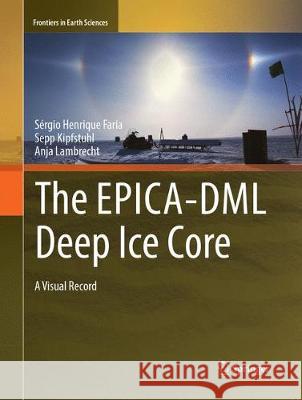The Epica-DML Deep Ice Core: A Visual Record » książka
topmenu
The Epica-DML Deep Ice Core: A Visual Record
ISBN-13: 9783662572283 / Angielski / Miękka / 2018 / 305 str.
The Epica-DML Deep Ice Core: A Visual Record
ISBN-13: 9783662572283 / Angielski / Miękka / 2018 / 305 str.
cena 575,62 zł
(netto: 548,21 VAT: 5%)
Najniższa cena z 30 dni: 574,29 zł
(netto: 548,21 VAT: 5%)
Najniższa cena z 30 dni: 574,29 zł
Termin realizacji zamówienia:
ok. 16-18 dni roboczych.
ok. 16-18 dni roboczych.
Darmowa dostawa!
Kategorie:
Kategorie BISAC:
Wydawca:
Springer
Seria wydawnicza:
Język:
Angielski
ISBN-13:
9783662572283
Rok wydania:
2018
Wydanie:
Softcover Repri
Ilość stron:
305
Oprawa:
Miękka
Wolumenów:
01











